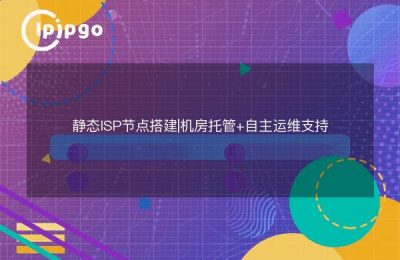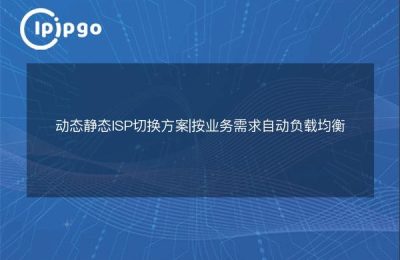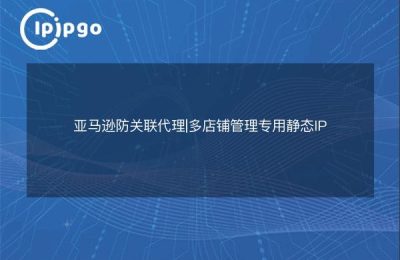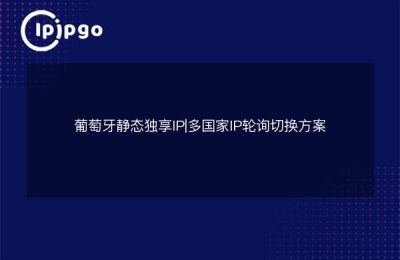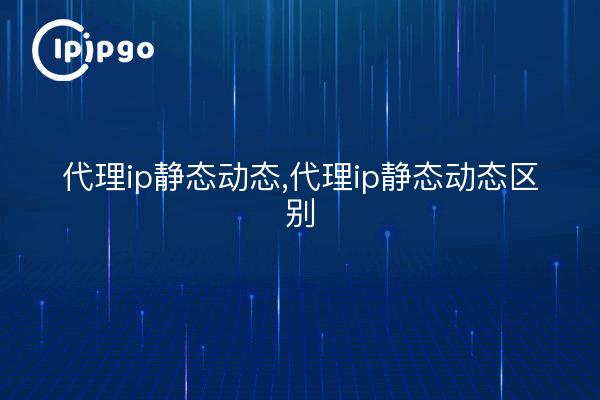
Proxy ip static dynamic is a common concept in the Internet world, but many people are not clear about their differences. Today, we're going to delve into the differences between the two.
First, let's start with proxy ip static. Static proxy ip refers to an ip address that remains unchanged over a period of time, no matter when and where you access the network, the ip address is fixed. This kind of ip address is suitable for some application scenarios that require high stability, such as websites that need to be logged in for a long time, telecommuting, and so on.
The opposite is true for dynamic proxy ip, which is an ip address that changes constantly when accessing the network. Dynamic proxy ip can better protect personal privacy, improve network security, and also reduce the risk of being banned. Dynamic proxy ip is usually used in scenarios where the ip address needs to be changed frequently, such as crawling, swiping and so on.
So, what exactly is the difference between static proxy ip and dynamic proxy ip? In fact, the main difference lies in the stability and changeability of the ip address. Static proxy ip remains unchanged and is suitable for some scenarios that require high stability; while dynamic proxy ip is able to change constantly, improving privacy protection and security.
If you are looking for a stable ip address, then static proxy ip may be more suitable for your needs, while if you need to change your ip address frequently to protect your privacy or improve security, then dynamic proxy ip may be more suitable for you.
Overall, the proxy ip static dynamic each has its own advantages and applicable scenarios, choose the type of proxy ip that suits your needs, can better help us in the Internet world unimpeded.

